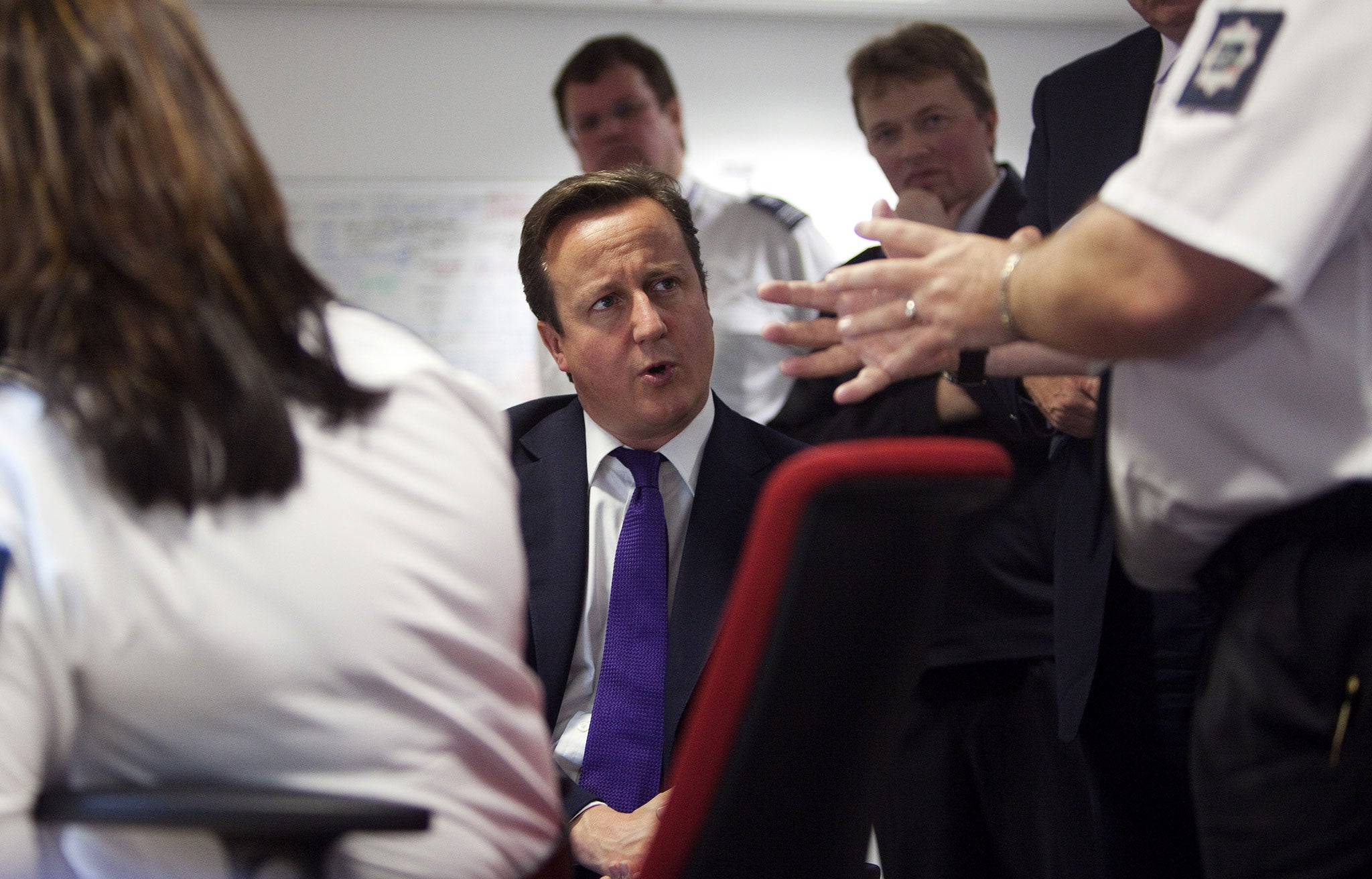This week's big questions: Does immigration policy make sense? Was the Daily Mail wrong?
This week's questions answered by Oxford Professor and author Paul Collier

What would be the consequences if Ukip’s policies on immigration were implemented?
As far as I can see, Ukip want a five-year “freeze” on immigration. I do not know what a “freeze” would mean in practice. Quite aside from legal issues, it could not possibly mean zero immigration. As I say in Exodus, we should greatly expand the inflow of foreign students studying here, since this is beneficial all round. Closing it down would wreck our universities. Skilled migrants stimulate innovation and ease bottlenecks, so closing this down suddenly would damage the economy.
However, reducing it gradually may well make sense because British employers have done too little training of young workers. Employing ready-trained foreigners has been too easy. This extends beyond the technical skills to the health sector. It is ridiculous that an advanced society such as our own is dependent on doctors from desperately poor countries such as Sudan.
A final comment on Ukip. That a quarter of English voters chose to waste their vote on this upstart party tells us that, however ineptly, it is trying to address concerns that are very widely shared.
Do the immigration policies of any UK political party currently make moral or economic sense?
I don’t think so. Conservative policies seem to be reactive to the threat from Ukip and the tabloids; Labour policies when it was in power were frankly cavalier: it decontrolled migration in much the same way it decontrolled the financial sector. Now it seems to be in a muddle of hesitant repentance.
Underlying this, policies are so inept, inappropriate and changeable because they are not based on any analytic and ethical foundations. That is what I try to provide in Exodus.
Is David Cameron right to ringfence Britain’s foreign aid budget?
Rather heroically, both the Conservatives and the Liberal Democrats made a commitment at the election to raise the aid budget. Having done this, there is a strong case for sticking to it. Governments need to build credibility by doing what they said they would do.
Fortunately, the aid budget is only a tiny part of public spending, and so it is feasible to ring-fence it, and the Department for International Development is a well-run ministry: it has become the global role model. Aid money is being well-spent and has a multiplier in influencing other aid agencies. Many young people are proud of what Britain is doing on development, and this is worth a lot.
Should Britain repeal its Human Rights Act, as the Conservatives are threatening to do after the next election?
Human rights have been one of the big advances of the last half-century. However, I am anxious that lawyers are manipulating European human rights law in a way not intended and actually detrimental. I have seen what lawyers have done in the fields of corporate tax avoidance and money laundering: they chipped away at reasonable interpretations and gradually eroded them. I wonder whether something analogous has started to happen with European law.
As I write, the tragedy of the boat full of migrants in Lampedusa is just unfolding. Why do hopeful young people from Eritrea spend their accumulated family savings on buying a ticket from Tunisian criminals to end up drowned and burnt? It is because one of the absurdities of European human rights law privileges them if only they can put a foot on any European territory. This is not to say that Britain should withdraw from the Human Rights Act, but it does suggest that it is an ill-considered piece of legislation that needs rethinking.
Was the Environment Secretary Owen Paterson correct to suggest that Britain might benefit from global warming?
With climate change what matters is not what will happen but what might happen. We don’t know what will happen, but we do know that the outside risks from climate change are alarming and so it is sensible to head them off. Panglossian speculation that Britain might benefit misses this essential point, but does probably succeed in further confusing people.
What are the implications of the decline in the memberships of political parties?
It is worrying because it hands the selection of political leaders to a fundamentalist fringe in each party which then gets reflected in their leadership and policies.
The Conservative Party had two rounds of self-indulgence before it finally conceded that it should choose someone acceptable to the centre. Labour members have already had one round of self-indulgence, compounded by an indefensible voting system, and we look to be stuck with its result because Labour is slow to dump bad leaders.
Was the Daily Mail wrong to call Ed Miliband’s father “a man who hated Britain”?
Trying to brand Ed as somehow foreign was ridiculous and debasing. He does seem to have been heavily influenced by his father, and I think his father’s views were seriously misguided. But they chimed perfectly with an entirely British strand of Marxist thinking.
Of course, the subtext of the innuendo is that Ed is Jewish, and that is contemptible. I am particularly sensitive to such stuff because my grandfather was a victim of a racist media attack far more vicious, direct, and effective than the Daily Mail’s effort.
Paul Collier is Professor of Economics and Public Policy at Oxford. His latest book, ‘Exodus: Immigration and Multiculturalism in the 21st Century’ is published by Allen LanePaul Collier is Professor of Economics and Public Policy at Oxford. His latest book, ‘Exodus: Immigration and Multiculturalism in the 21st Century’ is published by Allen Lane
Join our commenting forum
Join thought-provoking conversations, follow other Independent readers and see their replies
Comments
Bookmark popover
Removed from bookmarks